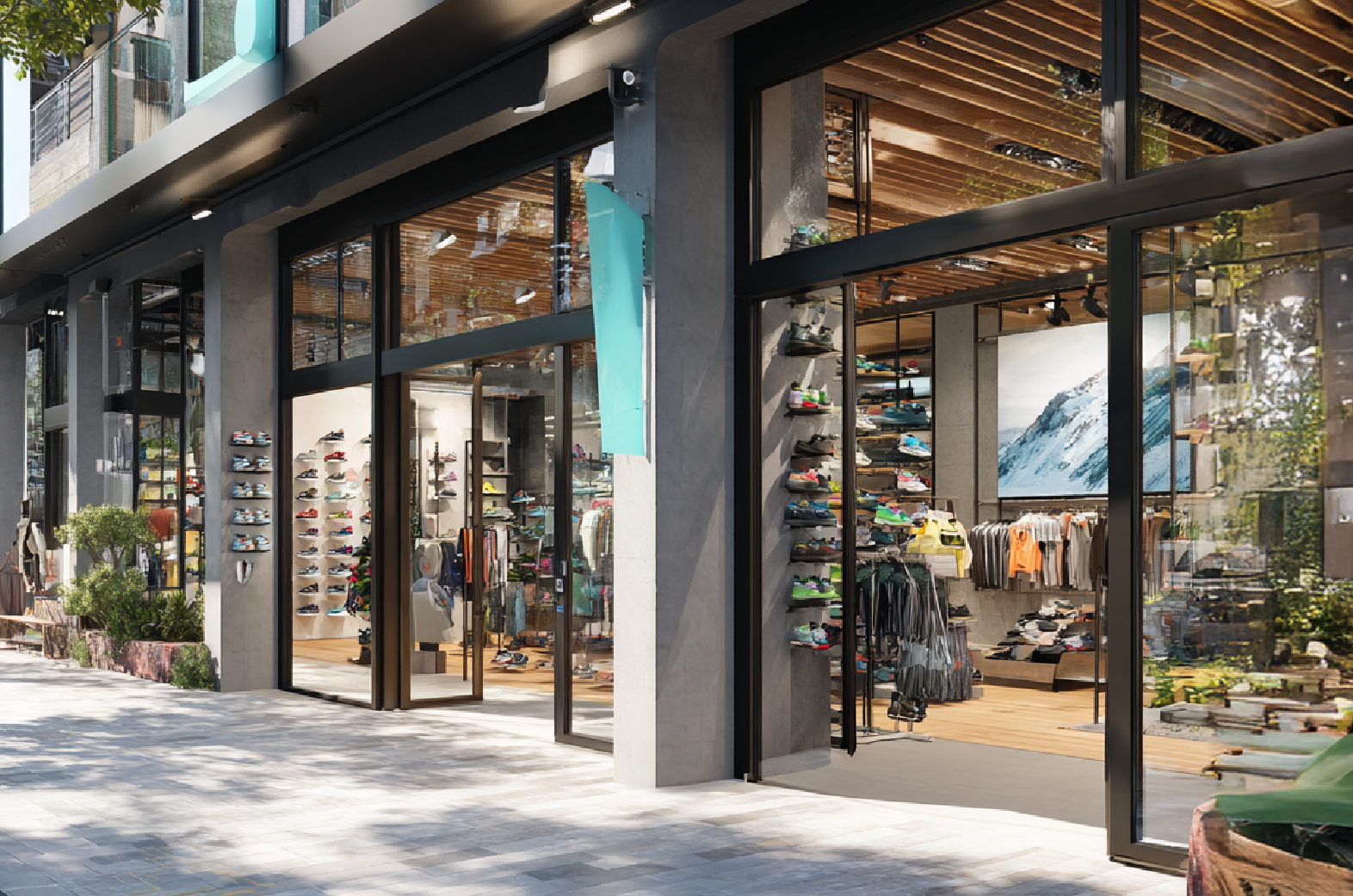Predicting the Unpredictable: AI’s Transformative Influence on Luxury and Premium Brand Strategies
Artificial intelligence (AI) is transforming the way luxury and premium brands anticipate and respond to market trends. Predictive algorithms, fueled by vast data sources such as consumer behaviour, social media trends, and economic indicators, are enabling brands to forecast demand with unparalleled accuracy. This shift allows businesses to optimize inventory management, tailor marketing strategies, and enhance customer experiences, while preserving the exclusivity that defines the luxury sector. As AI continues to evolve, its impact on predictive capabilities is becoming more sophisticated, offering brands in the GCC region a significant advantage in staying ahead of consumer expectations.
AI-Driven Trends and Demand Forecasting
One of the most powerful applications of AI in the luxury sector is its ability to analyze and predict fashion and consumer trends. AI algorithms process massive datasets including social media posts, online search trends, and real-world sales data, to identify emerging preferences. This capability goes beyond traditional trend forecasting. AI can detect micro-trends and niche consumer behaviours before they enter mainstream markets.
For example, luxury brands such as Zara, Levi’s, and H&M have already integrated AI-driven trend forecasting to respond swiftly to market shifts. AI can determine when a trend is gaining momentum and when it is likely to decline, allowing brands to capitalize on high-demand periods while minimizing excess inventory. The AI-driven approach also ensures that brands optimize their product launches based on geographical insights, a critical factor for GCC markets where seasonal preferences, cultural influences, and travel patterns shape purchasing behaviours.
AI’s Predictive Role at the Fashion Brand Cycle
The traditional fashion cycle follows a structured path: Introduction, Rise, Peak, Decline, and Obsolescence. Luxury brands play a pivotal role in setting trends at the start of this cycle, which are later adopted by contemporary fashion and mass retailers. AI enhances this cycle by detecting trend signals in real-time from sources such as fashion weeks, Google search data, and social media engagement.
For GCC-based luxury retailers, AI can be particularly useful in anticipating demand and seasonal trends such as Ramadan shopping behaviours and the travel patterns of high-net-worth individuals. With AI, brands can precisely time their product releases, optimize pricing strategies, and reduce unsold inventory, thereby improving operational efficiency and profitability.
How AI Helps Targeting Customers
AI-powered predictive models allow luxury brands to segment their audiences with greater precision. For example, AI can determine that a trending fashion style in Tokyo will emerge in New York six to twelve months later. Similarly, it can predict that one particular style will perform well in Milan but see lower demand in Rome due to local preferences and weather conditions. This level of predictive accuracy is invaluable for luxury brands in the GCC too, where climate, cultural events, and expatriate demographics influence purchasing decisions.
Contribution Towards Sustainability in Luxury Retail
Sustainability is becoming a cornerstone of the luxury industry, and AI plays a critical role in promoting eco-friendly business practices. Overproduction and waste have long been challenges in the fashion industry, but AI-driven demand forecasting helps brands produce only what is needed, significantly reducing excess inventory.
AI-managed logistics and supply chains also enhance sustainability by optimizing transportation routes, reducing carbon emissions, and improving inventory distribution. François-Henri Pinault, CEO of Kering, has emphasized the importance of AI in demand planning and supply chain management, highlighting its role in creating a more responsible and efficient fashion industry. For luxury brands in the GCC, where sustainability initiatives are gaining momentum, AI provides a pathway to align with regional environmental goals while maintaining business profitability. The growing focus on sustainability in the region is an opportunity for brands to integrate these advancements into their strategies.
Resale and Secondary Market Opportunities
Luxury resale is a growing sector, particularly among younger consumers who prioritise sustainability and value retention. AI is instrumental in this space, helping brands forecast which items will hold resale value and which demographics are most likely to engage in the secondary market. This allows brands to tailor their resale strategies, optimise inventory, and engage consumers through personalised marketing. Companies such as Trove are leveraging AI to support resale platforms for brands like Canada Goose, Lululemon, and Patagonia, demonstrating how technology can enhance the lifecycle of luxury products.
For GCC markets, where affluent consumers frequently purchase high-end fashion and accessories, AI-driven resale strategies can drive both customer loyalty and sustainability efforts. The resale market’s potential, particularly among younger consumers, offers an exciting avenue for luxury brands to expand their customer base while promoting a more circular and sustainable approach to luxury.
The Future of AI in Luxury Brand Forecasting
AI is not just about predicting seasonal trends; it is also about real-time adaptation to consumer behaviour. Luxury brands that integrate AI into their decision-making processes gain a competitive edge by anticipating shifts before they happen. AI-powered insights enable brands to remain agile, adjusting product offerings based on market dynamics and evolving consumer preferences.
In the GCC, where luxury retail is driven by high-end tourism, digital innovation, and personalised shopping experiences, AI provides a strategic advantage. The ability to forecast demand, optimise inventory, and align with sustainability initiatives positions luxury brands for long-term success in an increasingly competitive market. By harnessing AI’s predictive capabilities, brands can not only observe industry trends but actively shape the future of luxury retail.
Written for ITP.NET and MENAFN by Christophe Caïs


